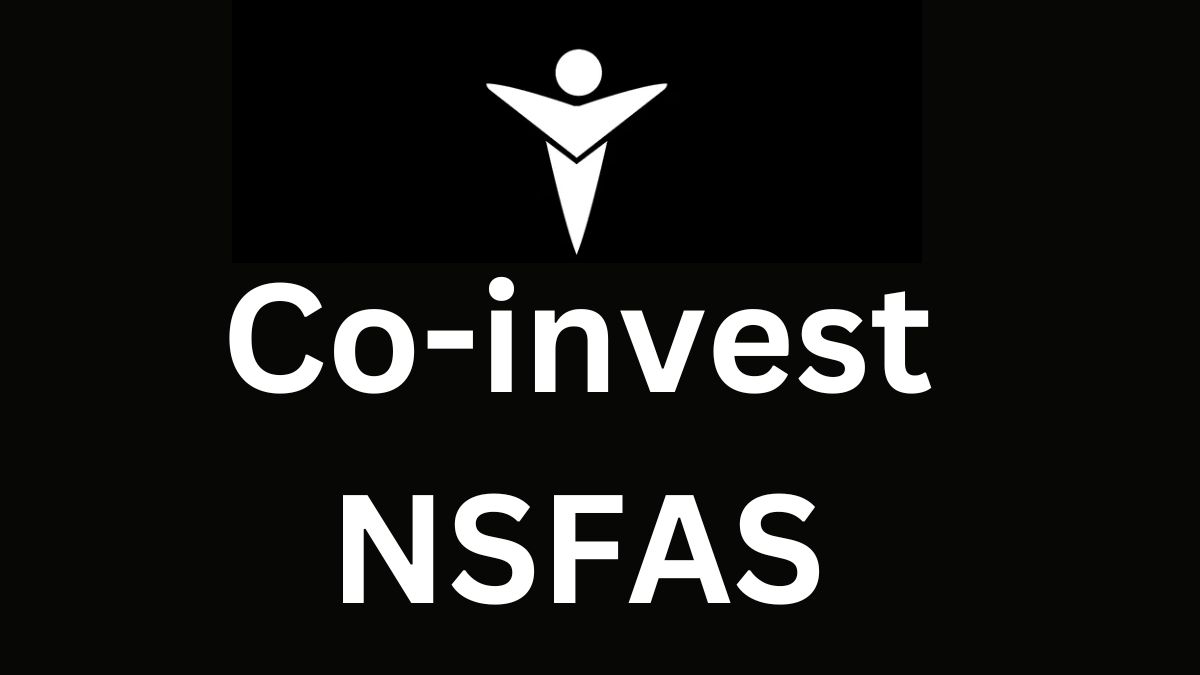A successful brand needs money to run for a long time. But, to make money, you must spend it in the first place. Of course, that’s easy for a top-notch business. However, if you are an entrepreneur just starting his dream company, it can be hard to manage everything with your personal finances.
So, one choice you got is to apply for a first-time business loan. Right? Ah, only if it was that easy!
The application process analyzes many factors, like how well you can manage your secured credit card to maintain a good credit score, your financial condition (assets, debts, etc.), your credit record, history, and all that related financial stuff.
Moreover, first-time business loans are always hard for start-ups as lenders are unwilling to trust a new company. So, you should do your homework to secure your chances. Here’s what you need to know:
Is It Hard To Score A First-Time Business Loan?
A small business loan may be more challenging to obtain than getting finances for a known organization. This is so because most lenders rely on their assessment of the risk of borrowing on the viability and financial track record of the applicant’s company.
Instead, financial firms must base loan decisions on company plans, revenue forecasts, and other theoretical data when considering a new business application.
- Startups must therefore take the time to create a thorough business strategy that proves their capacity to make timely debt payments.
- Waiting to apply for a loan until after they can provide evidence of established revenue will also boost the likelihood of acceptance for startup business owners.
Experian, a top credit agency in Canada, explains in their financial literacy articles why it is hard to score a first-time business loan. Some of the reasons are:
- A new company doesn’t always have a tremendous credit history, so it becomes difficult for lenders to create a risk score for the business.
- There’s no financial record to determine how well the company can manage its finances and make timely payments to clear the loan.
Of course, there are many other reasons involved, but of course, these two top all the business risk assessment lists. Yes, your business idea, creativity, and financial plan also matter, but not all lenders will consider those above the no credit history and financial record.
So, can you get a loan worth $40,000 or more with no money, financial history, and other credit factors? Let’s find out!
How Do You Qualify For Start-Up Business Loan?
To determine if a business owner is eligible for a start-up or first-time business loan, lenders frequently consider both their personal and business credit history and scores. Financial institutions, however, are forced to depend exclusively on the applicant’s personal credit score because many firms are too new to have a verified good credit score.
Lenders assess the firm’s financial viability and the risk of nonpayment it offers by reviewing various papers in addition to credit scores. A lender can demand to see the following:
- Tax returns
- Debt history
- Effective business plan
- Relevant business permits
- Registrations
- Legal paperwork
- Other financial data are typical prerequisites
So, how do you, as a new start-up, fulfill the requirements and successfully qualify for a first-time business loan? You are about to know the answers!
-
Decide Your Loan Type
You know you need the finances, but do you know which type will help you meet your needs? Probably not! If you have done your research, you might have encountered several kinds of loans with particular requirements. Did it make you confused? Don’t worry. We are here to help! According to Lendio, here are some types of loans you can consider for your first-time business finance:
-
- Traditional Bank Loans: These are the most secure funds for small companies. It is a form of financing in which a business is given pre-approved access to a certain amount of money that it can use whenever it wants.
- Business Line Of Credit: A business line of credit enables borrowing up to a predetermined amount, with interest only being applied to the amount borrowed. A line of credit differs from a standard loan in that you are not given a single sum of money and are instead required to make interest-bearing monthly installments.
- Merchant Cash Advance: With a merchant cash advance, you can borrow money against your potential future income to get the funding you require. You will pay it back by having a predetermined proportion of the daily deposits made to your credit card withheld for the lender once you have been accepted and the money has been issued to your account.
- Government Funding: Government loans are either provided by private lenders with government support or are backed directly by the government (small business administration / SBA). The government loans can include funds for college, study, mortgage, and small businesses to start and run their company.
Of course, you can also consider other short-term and long-term loans or even borrowing from a business credit card, but remember, every business loan has its own requirements and terms. So, it actually depends on the loan you’re thinking of asking for and the source of the funding.
-
Align Your Personal & Business Credit Scores
Even if you know nothing about how first-time business loans work, you must know the importance of a good personal and business credit score for your loan application approval. An excellent credit score is crucial for your individual financial health, but it also has a significant impact on your company’s finances. In fact, one of the most important aspects that business financiers will consider when assessing whether or not to approve your loan is your personal credit score.
A lender’s own policies and the credit scoring algorithm it employs determine what constitutes a good range of personal credit scores.
- Some lenders may accept your business loan application with a minimum personal credit of 500, while credit score acceptance requirements vary.
- However, a standard lender like a bank might demand a minimum score of 680.
In comparison, if your business has an EIN, you might also want to focus on your business credit score and risk scores. Again, the better your score and credit history, the better your chances for loan approval and qualification.
-
Ready Your Business Plan
This is a crucial step to ace if you really want to secure financing. Lenders will inquire about your intended usage of the funds and your plan to repay the loan. They might ask for a thorough business plan that outlines the loan’s goals and how you anticipate it to boost revenues.
- Your business plan should have an approach to generate leads in no time (or at least in near future).
- It must have a healthy competitor analysis to evaluate the growth factors your business needs.
- It should include strategies to grow into a large firm.
- It must have planning and methodologies to pay debt and ditch the loans.
- In fact, it should also include the reasons for business failure and how to stop it from happening with the borrowed funding!
Your company strategy should clearly show that you will have adequate cash flow to meet increased loan payments and continuing operating costs. This may increase the lender’s trust in your company and raise the likelihood that the loan will be approved.
-
Prepare Essential Documents
The next step in preparation for the loan qualification process is gathering the personal and company documentation you’ll need for your loan application. In general, if you’re seeking a first-time business loan, you probably need to present more proof that you qualify for the money. You might want to ask yourself the following questions first:
- The range of your credit score? (to know the minimum acceptance value)
- The loan amount do you need? (to know what you can afford to pay back)
- Why do you need it? (to be clear where you want to use the funds)
- How much can you profit from it? (to generate enough revenue for the repayments).
Finally, depending on the type of business loan you’re asking for, as well as the lender you’re dealing with, the documentation and credit information you’ll need will change. According to the list of for a financial, here are the business documents you might need for the loan qualification and actual application:
-
- Credit Report: Now, it can be consumer or corporate, depending on the type of your business (start-up or home-based). Or your lender can demand to review both reports to analyze your credit profile.
- Bank Statements: Typically, during the loan application process (especially for first-time loans), lenders may want to look over your company’s bank statements. Creditors are far more inclined to make loans to companies they perceive are actively generating revenue and successfully controlling their expenses. Your financial accounts must reflect this to increase the chances of loan approval.
-
- Tax Returns: You must file your taxes accurately for a good credit profile. Personally or professionally, it will prove your proper money handling to the lenders. In fact, you can also get help from a certified accountant to ensure proper tax filing and returns.
- Income Statements: Your earnings and profits are key factors that will attract lenders to trust your business. However, if you need the finances to deal with debts, you might want to create a perfect business plan that can outnumber the negatives.
Of course, they might also want to look at your business budget, plan sheets, cash flow reports, and similar documents to keep the numbers even. So, it’s only wise to prepare all the documents beforehand to be a step ahead.
What Do You Need To Know Before Applying?
Your perfect business plan won’t help you score the loan! You need to know and understand this. Yes, it’s a key factor, but no, it won’t solely aid you in getting the loan. The bank won’t fund your idea, instead, they want to see existing proof that your company has what it takes to grow and pay back. Whatever loan type you choose and whoever lender you decide to apply to, you need to know a few things first before applying.
Here’s what we are talking about:
-
You have to have collateral!
As we explained earlier, getting a first-time business loan is even harder because the lenders and banks are usually dealing with new start-ups or business owners with minimum experience and funding. In order to guarantee a business loan, your company needs to have tangible assets. To make sure they lower the risk, banks examine these assets very carefully and decide whether or not you qualify for the loan.
However, you don’t want to use your personal assets for the collateral as, in the future, they’ll be at risk if your business goes down—one of the major reasons why Enkel advises keeping business personal credit separate.
-
Convey your story honestly!
You don’t want to lie and fake assets just to secure the funds because if you’re unable to pay the loan in the future, you might get into legal trouble for the debt and forgery of the statements and property. It can involve lawsuits, penalty fees, and even jail time (in the worst cases)!
It will be simpler to explain your needs to lenders if you can convey them clearly in writing and in person. For example, determine the equipment you will require, the marketing plan you will use, or whatever else you plan to purchase with this loan, and then prepare a story that can convey your reasoning for the loan and why you must get it!
Note: Be absolutely truthful in your reasonings to avoid any future trouble!
Final Thoughts
Every nation’s economy has historically depended heavily on small companies. However, obtaining financial support for these enterprises presents a more difficult problem. The majority of small business owners require financing to support their expansion at some time.
Sadly, applying for the loan and getting the funds is not an easy task! Not anymore. Because you have this comprehensive guide to know how to do it now!










